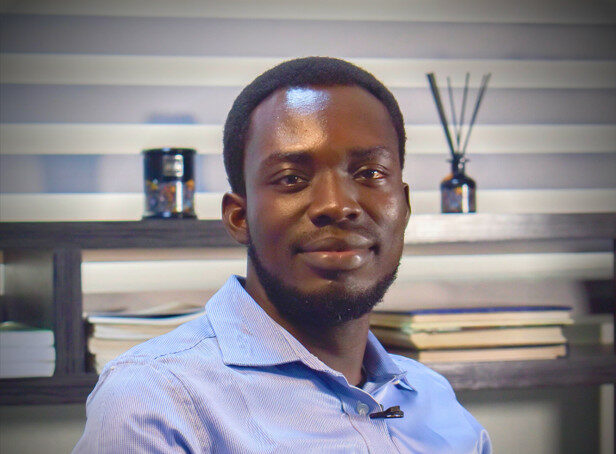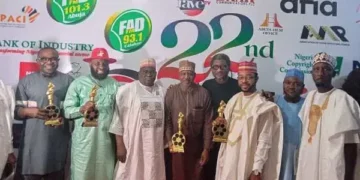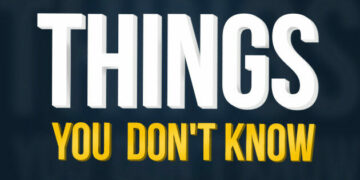Some years ago, I met a young man who had graduated with a degree in history from one of Nigeria’s universities. During our conversation, I casually mentioned the Kingdom of Nri, a spiritual rather than military kingdom, which laid the cultural foundation of the Igbo civilization. He smiled awkwardly and said, “Ah, I’ve heard of it, but I don’t really know the details.”
That moment lingered with me. Not because he was ignorant, but because he was honest. And his honesty reflected a quiet tragedy. Across the country, from schools to social spaces, Nigerians are slowly losing touch with their own story.
It didn’t happen overnight.
In 2007, history was removed from the basic education curriculum in Nigeria. The decision, reportedly made to make space for “more vocational subjects,” was well-intentioned but deeply misguided. For nearly a decade, a generation of Nigerian children grew up without structured lessons about who they are or where they came from. It was only in September 2025 that the Federal Government announced it had reintroduced Nigerian History as a compulsory subject in the basic education curriculum. But by then, the damage had been done.
We often complain about the decline of reading culture, but this erosion of historical awareness is its most painful symptom. Because when people stop reading their past, they start repeating it.
In the 1970s and 1980s, Nigeria had a thriving reading ecosystem. Macmillan, Heinemann, University Press Plc, Evans Brothers, and Longman bookshops dotted the cities. Newspapers like Daily Times printed in record numbers. The Pacesetter Series turned young Nigerians into loyal readers, and authors like Cyprian Ekwensi, Ola Rotimi, Wole Soyinka, John Munonye, Flora Nwapa, Chinua Achebe, and Buchi Emecheta filled the imagination of a nation. The situation was about cheap books and open libraries. Everywhere you turned, knowledge was cultural currency.
Today, the story is different.
A 2023 article in TheCable reports that a 2021 survey by the Nigerian Educational Research and Development Council (NERDC) found only 56 % of Nigerian adults read at least one book per year. A study published in Afr. J. Lib. Arch. & Inf. Sc. (Oct 2021) cites earlier literature stating “40 % of adult Nigerians have never read a non-fiction book from cover to cover after they finish secondary school.” Most students, when they read at all, do so to pass exams. The average attention span has shrunk. The lure of social media has grown and bookshops have given way to betting shops.
The result is a society that consumes fast content but rarely reflects deeply.
The consequence goes beyond education. It touches identity. Many young Nigerians today can name European monarchs but not African ones. These same people can recall the fall of Troy but not the rise of Oyo. How about those who quote Shakespeare but never Nkrumah? This is a kind of amnesia that leaves a people unanchored.
But it’s not all gloom. Across the country, quiet revolutions are happening. Book clubs in Lagos, Port Harcourt, Ibadan, and Abuja are reviving literary curiosity. Online reading communities like the Naija Book Club are growing. History educators are experimenting with documentaries and podcasts to make the past come alive again.
Still, this revival will require intentional effort. Reading cannot be sustained by passion alone; it needs policy. Every school should have a functional library and every local government a reading centre. Parents must also rediscover the joy of gifting books instead of gadgets.
Because history is not about the past; it is about continuity. And when a people stop reading, they stop remembering. When they stop remembering, they stop becoming.
Nigeria’s future will not only be written by those who innovate, but by those who read enough to understand the road already travelled.
[Editor’s note: Tosin Adeoti is the author of Kingdoms of Africa: Exploring the Continent’s Pre-Colonial Pasts (2025), a historical work highlighting Africa’s pre-colonial empires and their enduring legacies.]





